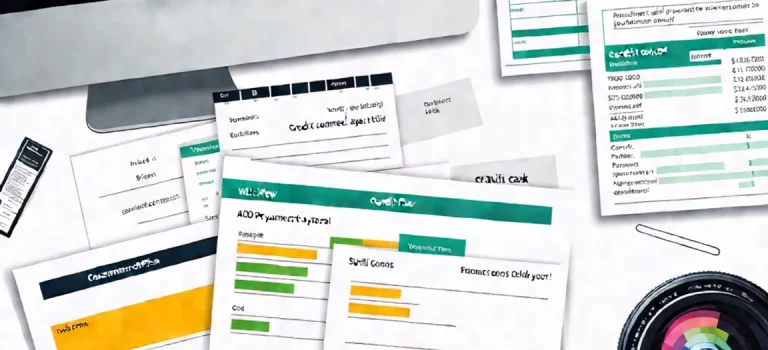Managing a website and social media for your business can feel overwhelming. One minute, you’re updating a page or posting content, and the next, weeks have passed, and everything feels out of sync. Sound familiar?
The good news is—you don’t have to do everything at once. A strong online presence isn’t about being everywhere all the time. It’s about having intentional and manageable steps that work for you.
Where to Start?
If your website or social media has been quiet for a while, don’t stress. Here’s how to ease back in:
1️⃣ Refresh Your Profiles – Update your website, LinkedIn, or Facebook with current services, links, and a profile bio that reflects where your business is now. Small updates can make a big difference.
2️⃣ Start Small & Consistent – Instead of feeling pressured to post every day, focus on one or two valuable updates a week. Whether it’s a quick tip, a behind-the-scenes look, or a reminder of what you do, consistency matters more than volume.
3️⃣ Engage Before You Post – Before posting on social media, spend time commenting on others’ content, joining conversations, or resharing helpful insights. Engagement builds visibility naturally.
4️⃣ Make Your Content Work for You – Have a blog post? Use it as a LinkedIn article. Shared a tip on social media? Turn it into a quick guide for your website. Repurposing content saves time and keeps your message clear.
Need Help?
Managing websites and social media doesn’t have to be overwhelming. Whether you need a quick refresh, ongoing support, or a strategy to make things easier, I’m here to help.
Let’s make your online presence work your way.
📩 Drop me a message at jessjabbi@vayourway.co.uk or Find out more at www.vayourway.co.uk


